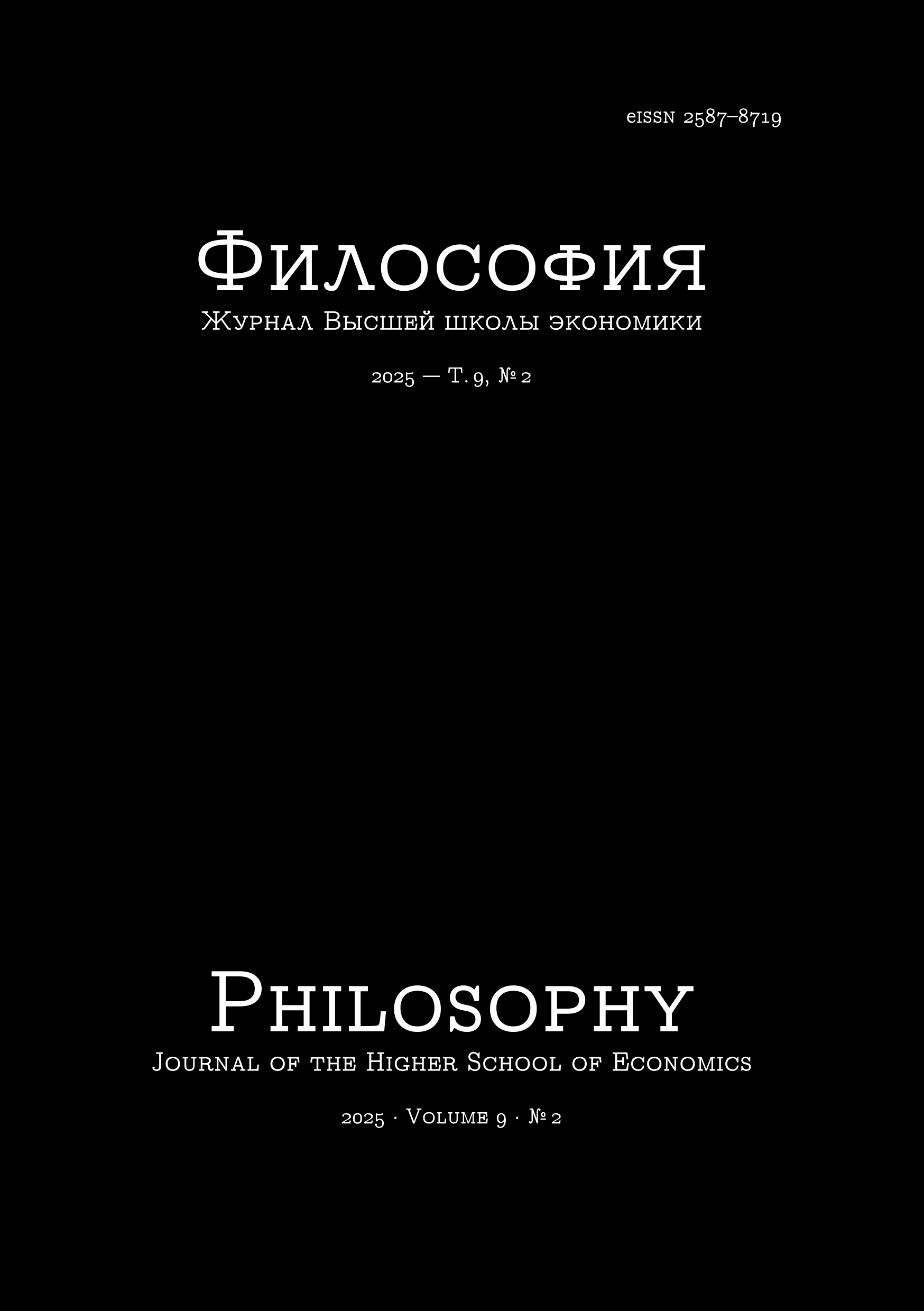Madhhab in the Mechanism of Continuity of Classical Islamic Law
Abstract
One of the urgent problems of the theory and philosophy of law is the question of the essence and mechanisms of succession in law. The discussion of this phenomenon is closely related to both philosophical (for example, the role of tradition, rational and irrational in law) and theoretical and legal (validity, effectiveness and legitimacy of law) topics, as well as concepts emerging in legal dogma, through which mechanisms for ensuring legal continuity can be consolidated in the legal system. The article examines these issues using the example of the madhhab (law school), which was formed during the evolution of Muslim law as the most important legal institution and was then conceptualized by Islamic lawyers as one of the concepts of legal dogma. Analyzing the development and functions of the madhhab, the author reveals the role of Ijtihad and Taqlid in the institutionalization of Muslim law. The paper shows that the interrelated functions of the law school included the Islamic doctrine of guaranteeing the independence of judges (Qadi) and legal advisers (Mufti), imposing legal restrictions on lawyers, representatives of the state and ordinary Muslims in connection with the obligation to follow their chosen law schools, ensuring legal pluralism and legal continuity as a condition for the rule of Law. Thus, since the 13th century, the madhhab has become a fundamental link in building legal communication between the state, society and man, which gives reason to assert that it acquired constitutional and legal significance from this period. The study also reveals the relationship between madhhab and legal custom in Islamic legal doctrine and in practice.
Downloads
Copyright (c) 2025 Philosophy Journal of the Higher School of Economics

This work is licensed under a Creative Commons Attribution-NonCommercial 4.0 International License.






